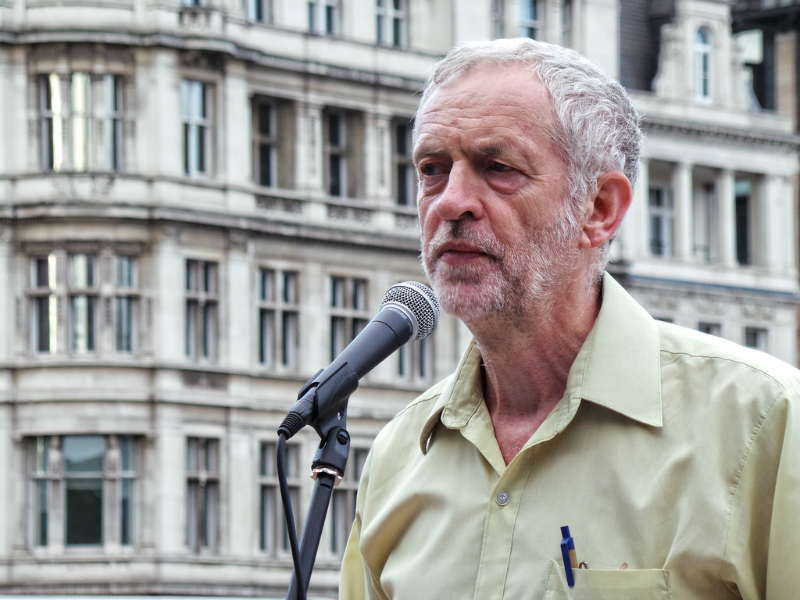On Dec. 12, Jeremy Corbyn announced his decision to resign from the leadership of the U.K. Labour party. Corbyn had just led his party to its worst showing in a British election in over half a century.
For many British Jews, the result must have come as a relief. Founded at the beginning of the 20th century, the Labour party had prominent Jewish leaders and high support among British Jews in its early years.
By 2010, when Jewish Labour MP Juliana Berger left the party, citing concerns over anti-Semitism, British Jews were evenly divided in their support for the U.K.’s two main parties, Labour and Conservative. By 2019, Labour’s support among British Jews had fallen to 14 per cent and resentment of Jews seemed to have become entrenched in the party. It remains to be seen whether Corbyn’s departure will signal a more effective effort to combat anti-Semitism within the centre-left party.
Antipathy toward Jews on the political left is not confined to the U.K., however. In the U.S., on Dec. 4, left-wing political activist Linda Sarsour addressed a meeting of American Muslims and attacked liberal Zionists, saying, “Ask them this: how can you be against white supremacy in America and the idea of being in a state based on race and class, but then you support a state like Israel that is based on supremacy, that is built on the idea that Jews are supreme to everyone else?”
This inaccurate characterization of the Jewish state is similar to propaganda on the far right, which claims that Jews seek domination over other peoples.
Antipathy toward Jews on the left was also implicit in the response to the announcement that the U.S. Department of Education was given an executive order by President Donald Trump to apply anti-discrimination laws under Title VI of the Civil Rights Act to Jews.
Title VI, which bans discrimination on the grounds of race, ethnicity or national origin (but not religion) has long been understood to prohibit activity that creates a hostile environment on campus for members of an identifiable group. Such measures have been used to protect visible minorities such as Muslims, Sikhs and Hindus. Under the Obama administration, there were attempts to extend these protections to Jews through legislation, but none of them succeeded.
The executive order is driven by an understanding that anti-Semitic activity on campus has become a problem, just as the law recognizes that anti-black racism is a problem.
Far-left Jewish groups have been among those claiming that the real goal of the Trump administration is to question whether Jews are fully American; while Jews who defend the measure have been accused of defending white privilege.
Some critics cite the executive order’s citation of the International Holocaust Remembrance Alliance definition of anti-Semitism, which acknowledges that some forms of anti-Israel activism can cross the line into anti-Semitism, while stating clearly that opposition to Israeli policies is not in itself anti-Semitic.
Critics also worry that including Jews under Title VI will have a chilling effect on free speech, but if such concerns are valid, they should also be true of the protections extended to other groups under the act. As with any other group, there is a balance to be struck between free speech and hate speech.
READ: ROYTENBERG: LENDING A HELPING HAND TO THE JEWS OF TANZANIA
In the U.S. in particular, the First Amendment is a powerful instrument to protect speech, no matter how vile it might be. Since speech is sacrosanct, the means of enforcing Title VI on campus is to tie federal funding to the maintenance of a non-discriminatory environment.
Critics worry that this will prevent legitimate anti-Israel activism at American colleges. But this would only be the case when anti-Israel activity crosses the line and creates an unsafe atmosphere for Jews. Surely, Jews are just as entitled to be protected from such an atmosphere as the other minority groups that are already covered by the legislation.
